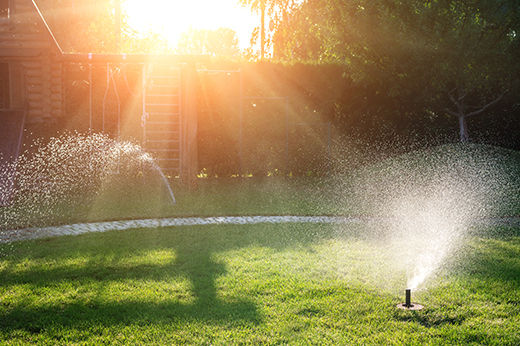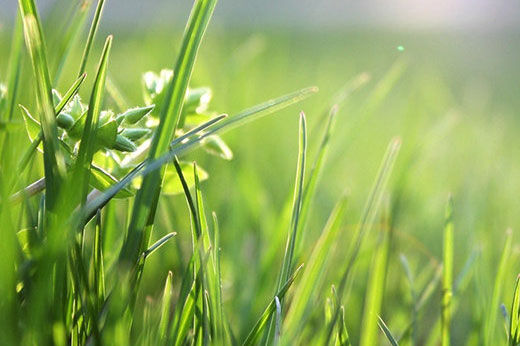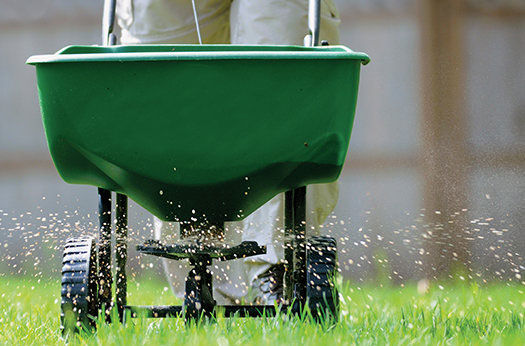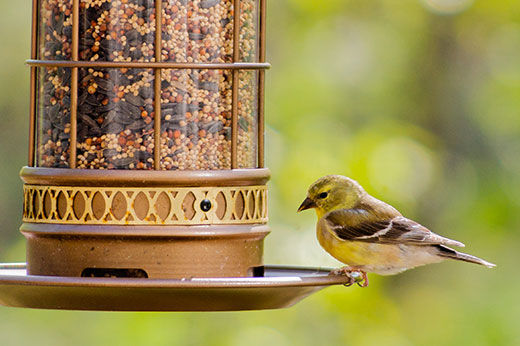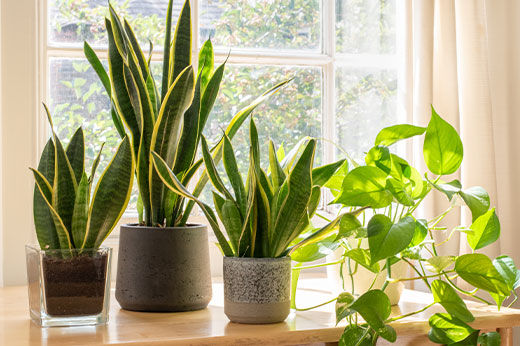While do-it-yourself projects can be fun and fulfilling, there is always a potential for personal injury or property damage. We strongly suggest that any project beyond your abilities be left to licensed professionals such as electricians, plumbers, and carpenters. Any action you take upon the information on this website is strictly at your own risk, and we assume no responsibility or liability for the contents of this article.
Fall Yard Cleanup Tips
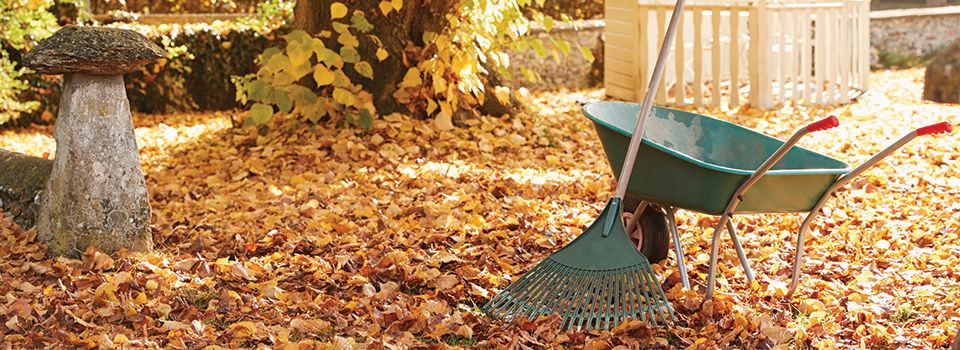
Preparation is the key to success, and prepping your landscaping for the following growing season is one of the secret keys to a successful spring and summer. Cleaning up your yard in the fall can make a massive difference to your workload and gardening success in the next year. Winter is an important time of the year when the land rests and restores for the next year, but it’s also a time when unwanted guests or damage can occur. Prepping and cleaning up the yard in the fall will save you time, energy, and some annoying problems next year. Read on for our checklist on cleaning up the yard in the fall for the best results.
Dispose of debris
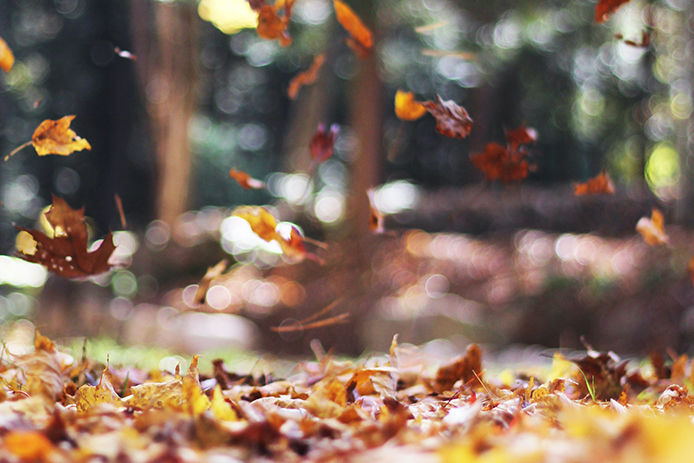
Debris is not just an eyesore, but it makes the perfect home for unwanted critters and pests. Fallen leaves and weeds can create a cozy place for pests to make their home for the winter. Moles, mice, and pesky insects will burrow away in plant debris for the winter and will be ready to invade your yard in the spring. Debris can also house plant diseases over the winter, causing problems in the next growing season. While debris seems like a good thing to keep around because it insulates and fertilizes, generally, it should be tidied up and composted or disposed of before winter sets in.
Cut back perennial beds
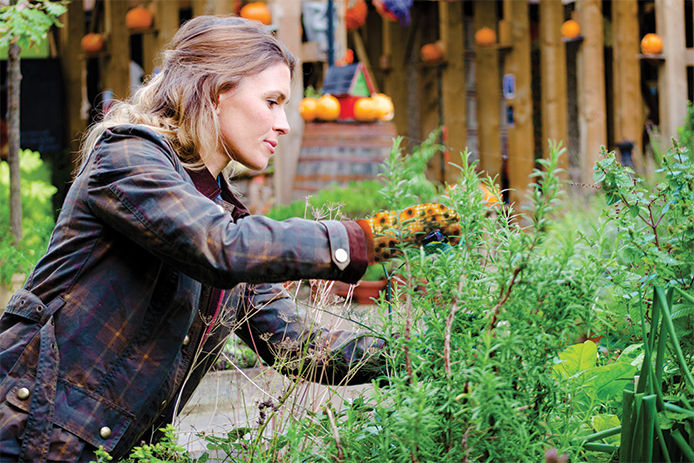
Perennial beds need to be cleaned up too. Aside from removing plant matter, weeds, and debris, the perennials themselves should be properly tidied up and prepped for their winter nap. Use clean pruning shears to cut back perennials to about 6 inches above ground level. Compost or dispose of cut plants and debris.
Clean out your vegetable garden
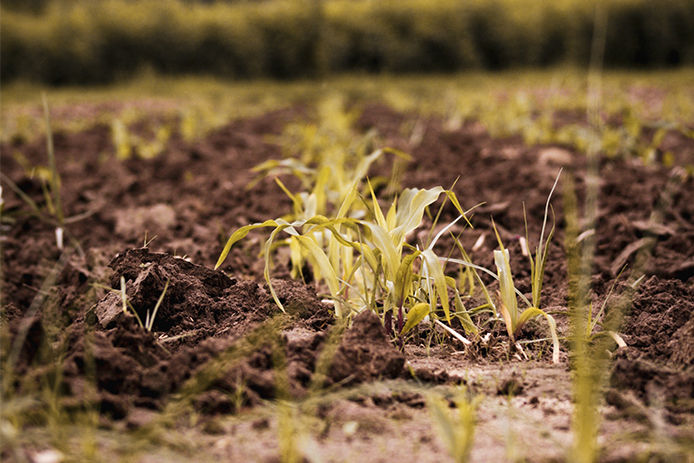
Unless you’re lucky enough to live somewhere where it’s warm all year round, your vegetable garden will not survive the winter. After the first hard frost in the fall, be sure to pull up your vegetable garden and dispose of the material properly. Critters that would love to feast off your veggie garden leftovers all winter and into the next growing season will hide in and eat what’s left of your garden. Prevent any unwanted tenants by doing a thorough cleanup of your vegetable garden, including all mulch, weeds, and garden debris.
Aerate & fertilize the lawn
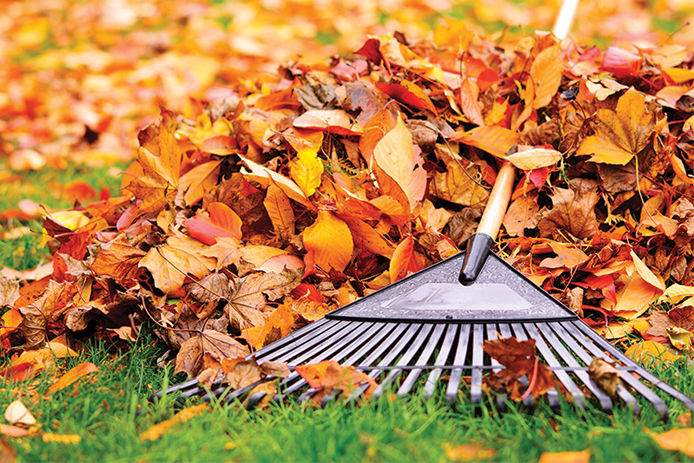
Get your lawn cleaned up for the winter months by making sure you do a good leaf cleanup. While piles of leaves are fun to play around and jump in during the crisp fall weather, it’s best to rake them all up and put them in the compost pile before the snow or winter sets in. While leaf debris is a great fertilizer for the lawn, you’re better off prepping your lawn for the winter differently. Remove and clean up all leaf and garden debris to start. Give your lawn a last mow or two before the cold really sets in. Fertilize your lawn in the fall to ensure a good head start of growth in the spring. Another great pro tip is to aerate your lawn. Aeration is key to healthy plant growth, so using an aerator, aerating shoes, or simply a pitchfork, poke loads of tiny holes all over your lawn to bring in the fresh air, nutrients, and fertilizer and to promote more growth.
Pull out annual plants
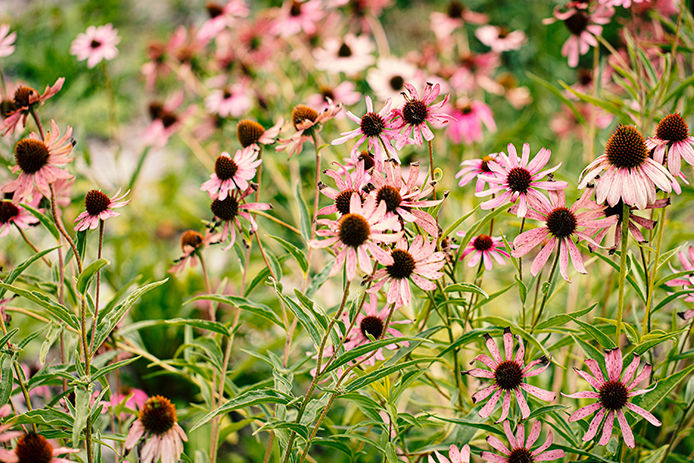
Like most vegetables, annuals won’t come back next year. This means that before winter arrives in full force, annuals need to be pulled up, cleaned up, and put in the compost. Like veggies, overwintering dead annuals is the perfect way to attract unwanted pests, critters, and diseases into your garden the following year. Set yourself up for garden success by making sure they’re all cleaned up in the fall.
Clean your tools
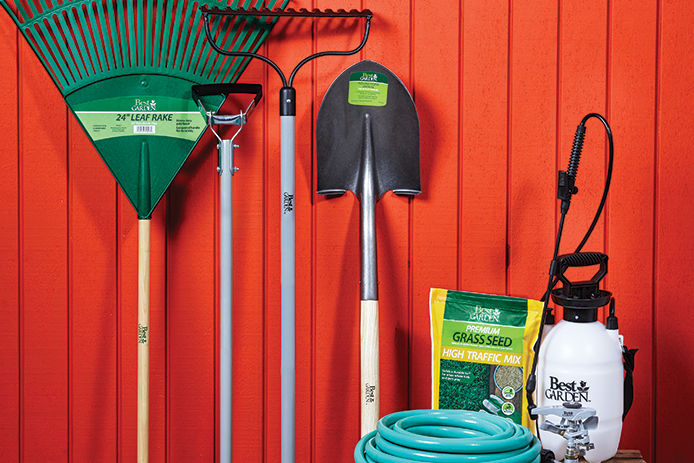
Fall is the time to give your yard tools a proper cleaning. Tools like shovels, trowels, shears, and hoes should be cleaned and stored properly to ensure their long life and prevent them from rusting. Garden tools also can be the bearers of diseases and funguses, so be sure to give them a good cleaning using water mixed with bleach or white vinegar. Soak them first, then rinse them and dry them thoroughly before tucking them away for storage.
Dry everything out
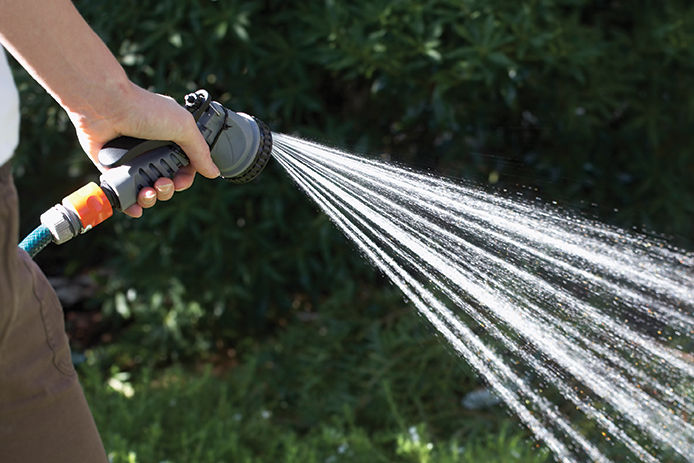
Anything that has water needs to be dried and stored properly before the winter. That includes hoses, irrigation systems, fountains, and water features. Any leftover water can freeze, expand, and cause damage to your watering systems that may not be fixable. Also, overwintered stagnant water can harbor some gross things you may not want in your waterways next year. So, dismantle and dry out any water systems in the fall. Store them away from the elements until the spring.
Clean the gutters
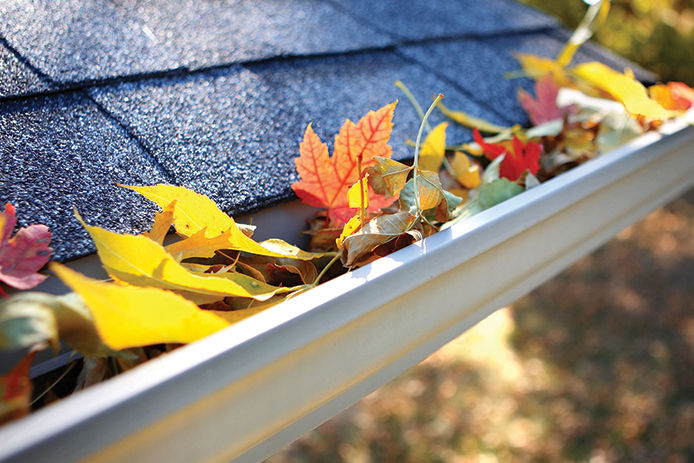
Clogged gutters are not great for your house. With foliage falling, it’s easy for house gutters to get clogged up with loads of leaves. This can be problematic as it may attract pests, rodents, or insects that you don’t want near your house. Also, clogged gutters can be the bearer of rotted siding and leaky homes. We always want water to come off and flow away from our house, so accumulating water in the gutter isn’t ideal. Take a day to clean the leaf debris out of the gutters in the fall. You can also easily hire someone to do it for you.
Prune, rake, and mulch
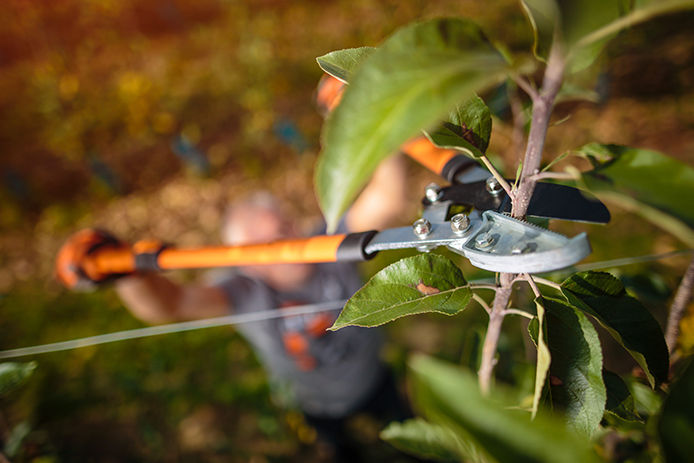
This should be your fall mantra. Pruning dead branches and cutting back perennials is an important part of the cleanup. Also, prune back certain trees and shrubs to prepare them for the winter. Rake up leaves, old mulch, and other debris to keep everything tidy and clean. Lay a fresh layer of wood chip mulch on garden beds for the winter.
Prepare to succeed next year by cleaning up your yard this fall. Be sure to go through this checklist to make sure that you’ve covered all the stops to properly clean up the yard this fall in preparation for next year.
